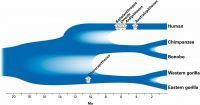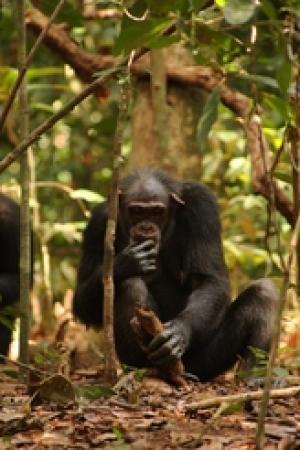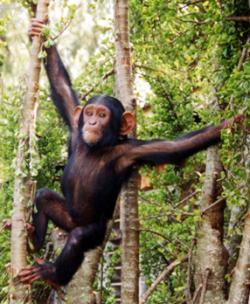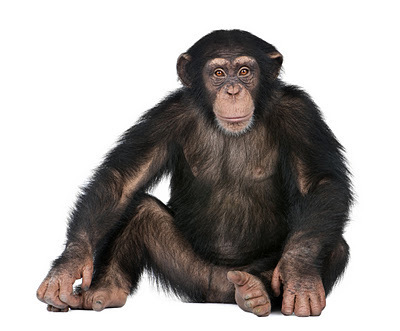Our lineage’s fossil record is especially sparse between 4 – 8 million years ago. From that time period we have roughly 50 fragmented specimens making up only 6 or so individuals. I
Research and publish the best content.
Get Started for FREE
Sign up with Facebook Sign up with X
I don't have a Facebook or a X account
Already have an account: Login

 Your new post is loading... Your new post is loading...
 Your new post is loading... Your new post is loading...
|
|





















